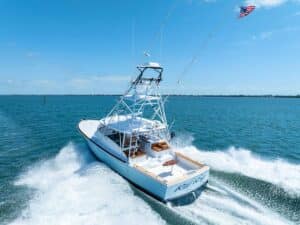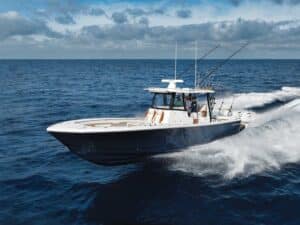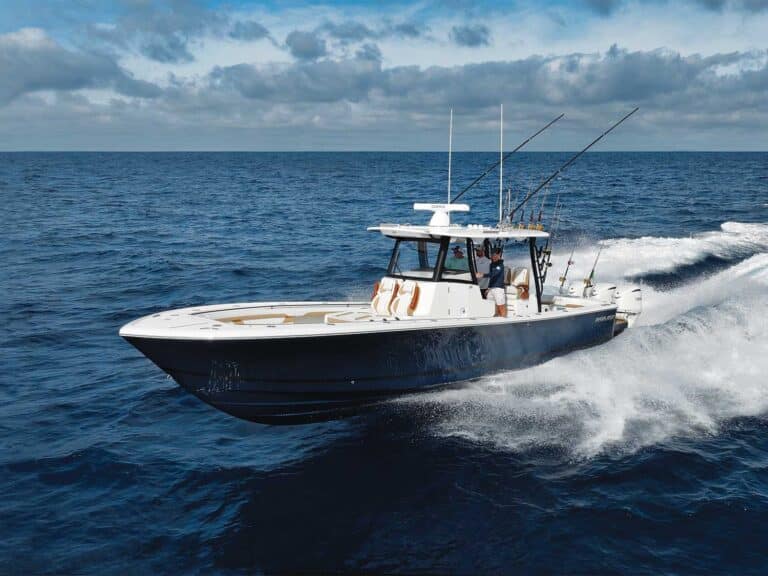
Most professional golfers enjoy fishing for pleasure, and professional fisherman golf for pleasure—go figure. Many years ago, I provided asset and liability management for a handful of professional golfers, which led to an interview with ESPN’s golf radio show where we discussed tax issues. Athletes, like boat owners, usually have a group of professionals—lawyers, CPAs and CFOs—who they rely on to provide tax advice, very similar to my firm that handles all of these issues for affluent families. But what about all those golf caddies or the boat captains and mates? They do the vast majority of the work, but who helps them? They don’t have the resources to assemble a team of highly compensated advisers, nor do they necessarily need all of those services, but they do need a trustworthy tax adviser.
Contractor versus Employee Status
Most crewmembers are either independent contractors or employees of a company. An independent contractor is paid, and it’s their responsibility to report their earnings, pay taxes, Social Security and unemployment tax, as well as establishing their own retirement plan. Typically, if you are an employee of a company, you are paid a salary with a company check, and the company will deduct the basic requirements, taxes, Social Security and 401(k) contributions (if you’re fortunate enough to have a plan).
Watch: Check out the ACY 67 here.
As an independent contractor, there are options you can utilize to set up your own company so that you can have the same benefits, or maybe even a few more than you would working for a company. The most popular and easiest to establish is a limited liability company, known as an LLC. There are several benefits: Arguably the most effective is the ability to pass through profits and losses to your personal-level tax bracket. Within the LLC, you can deduct—or partially deduct—many items that you need to run the business, such as meals when traveling or at home when discussing fishing trips, travel, auto expenses related to work, home-office expenses, supplies, cellphone, insurance premiums, even your sunglasses; the list could potentially go on forever. With an LLC, you are required to pay self-employment tax to cover your Social Security and Medicare.
When you work for a corporation, the process is a little different. The company typically takes out taxes, Social Security and Medicare in each pay period. You can still write off many of the same items, but you will have to submit an itemized deduction to the IRS.
Another issue of being an independent contractor versus a company employee is the tax-deferred benefits in establishing a retirement plan. As an independent contractor, you can choose from several types of IRAs. These options are probably best discussed with either your tax adviser or financial adviser. The most popular plan we see is the Simplified Employee Pension IRA. If you have a sole proprietor LLC and earn $100,000, you can contribute $25,000 to your retirement plan. Other popular ones are the Keough plan and SIMPLE plan. Being an LLC has many tax benefits that can help you save for retirement.
Read Next: Build a tournament-winning team with these tips.
Additional Retirement Plans
When you are an employee, many times you can participate in the 401(k) plan, and often there is a company match. For example, the $100,000-salary employee can contribute up to $19,500. Now if the company provides a 3 percent match, for example, your employer will add $585. That’s free money.
Lastly, nearly everyone can establish a traditional IRA or Roth IRA. I’ve compared traditional versus Roth for years to determine which one is better, and my conclusion is that it depends on the markets at a specific time.
So, whether you are trying to determine which side of the green to hit with your approach shot or rigging a ballyhoo for the next bite, you should seek out the advice of a trusted tax professional.
Note: Barclay Breland Family Office does not provide legal or tax advice. Consult your attorney or tax professional, as appropriate, to consider the analysis in light of your particular legal or tax situation.







